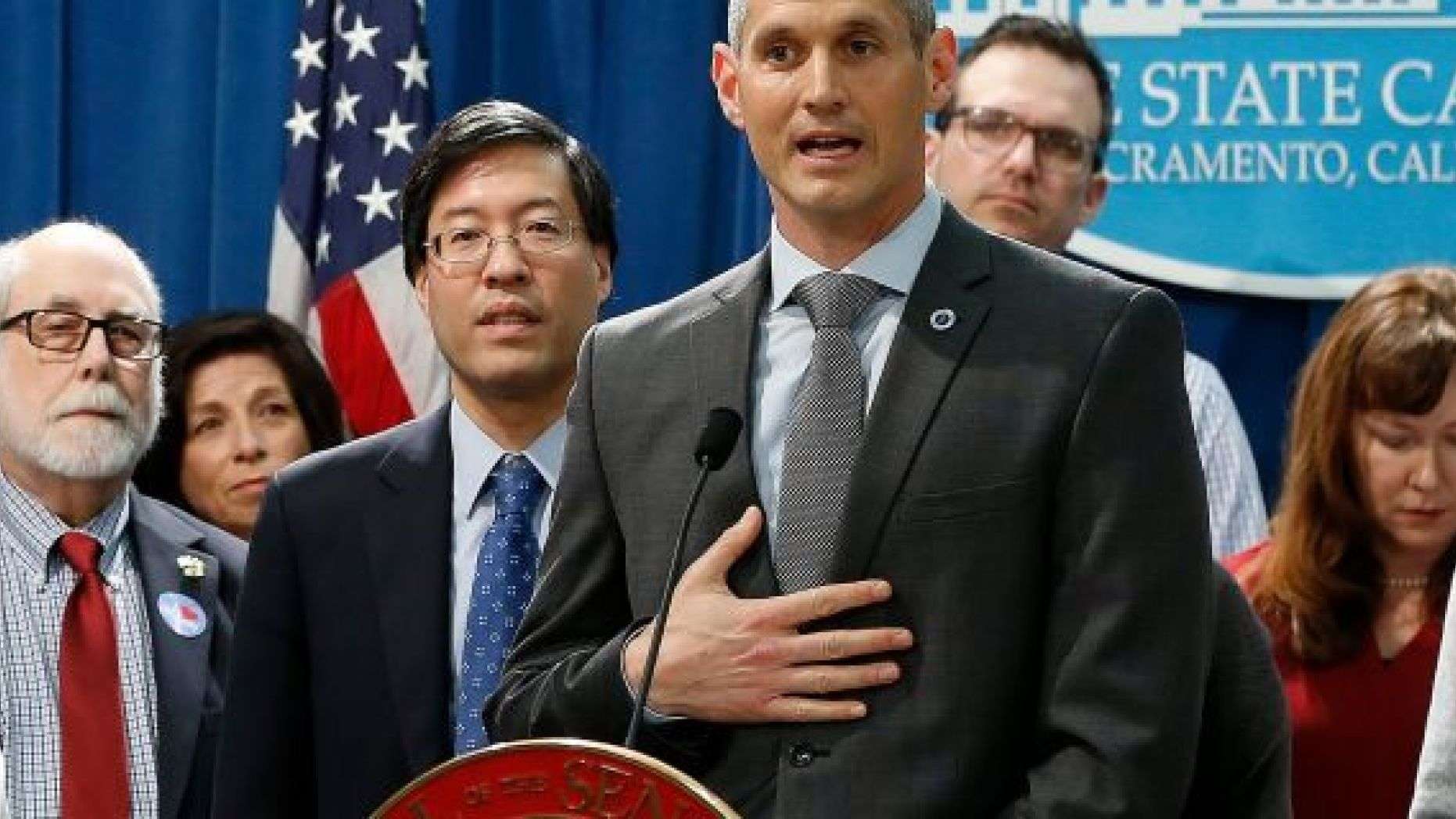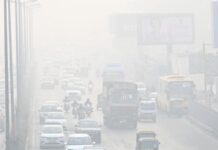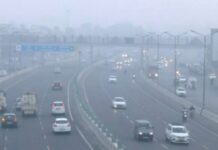SACRAMENTO, California: California would give state public health officials instead of local doctors the power to decide which children can skip vaccinations before attending school under legislation proposed March 26 to counter what advocates call bogus exemptions.
The measure would also let state and county health officials revoke medical exemptions granted by doctors if they are found to be fraudulent or contradict federal immunization standards.
The proposal comes amid measles outbreaks in New York, Washington and elsewhere that are prompting states including Maine and Washington to consider ending non-medical exemptions.
California eliminated all non-medical immunization exemptions in 2016, as have Mississippi and West Virginia. The lawmakers want California to now follow West Virginia’s lead in having public health officials rather than doctors decide who qualifies for medical exemptions. Doctors would send the state health department the reason they are recommending the exemption and would have to certify that they examined the patient.
The steps are needed to crack down on a few unscrupulous doctors who are helping parents avoid vaccinating their children by selling medical exemptions through word of mouth or online advertising, lawmakers and physicians representing prominent medical groups said at a Capitol news conference.
“They were monetizing their medical license by selling these exemptions … putting our children and the public in danger for a quick buck,” said Democratic state Sen. Richard Pan of Sacramento, a pediatrician who authored the current state law and the new proposal.
Several upset parents gathered in a Capitol hallway said the measure isn’t needed because the immunization rate already is high under current law. A shouting match briefly broke out between opponents and one supporter of the legislation, reminiscent of the high emotions that surrounded the original bill and continue to haunt the issue.
Statewide immunization rates increased after the law took effect from less than 93 per cent to more than 95 per cent, enough to keep most outbreaks from spreading.
But the rate of medical exemptions has also tripled, according to the California Department of Public Health. Although it’s still less than 1 per cent of school children statewide, advocates said 50 schools have exemption rates of at least 15 per cent, and more than half of students aren’t vaccinated in at least three schools.
That means pockets of unvaccinated children who could spread illnesses like measles “because of the increase in bogus medical exemptions and by false information being spread on the internet”, said Dr. Eric Ball, representing the American Academy of Pediatrics in California.
Federal guidelines say less than 1 per cent of children should avoid vaccinations if they have a severe allergic reaction or impaired immunity such as from a liver problem, the HIV virus or chemotherapy.
But David Ball of Sacramento said his family will leave California if Pan’s bill passes and he must otherwise have his 10-year-old daughter vaccinated when she reaches seventh grade. He said she started having rashes after her infant vaccinations, but more broadly he objects to state bureaucrats substituting their decision for that of his family doctor.
Amber Ebel of Sacramento said genetic counseling showed her two children, ages six and 10, would be poor candidates for vaccinations, though that’s not enough to qualify for an exemption under federal guidelines.
“It would basically be like playing Russian roulette,” she said. “You don’t know somebody’s going to have a reaction until you do it.”
Shannon Primer, a board member of Educate. Advocate., which serves families with special needs, criticized Pan for what she said is a broken promise to maintain “a strong and robust medical exemption”. AP







